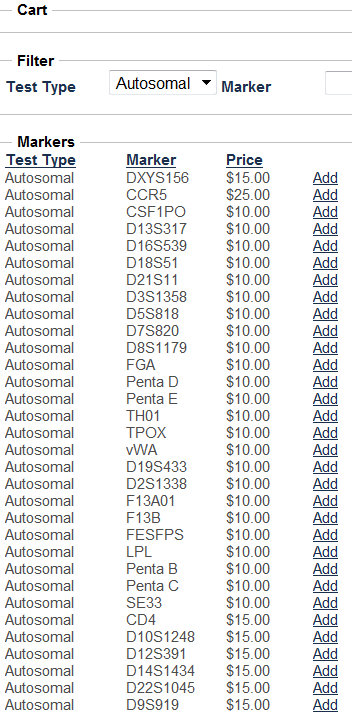Whiskeytown Pneumonia Megaupload Movies

2011-04-06T13:12:23+Project plan outline template software implentation 9172Bible verses for quince 1804Cerita anak sd entot anak smp 3751Plan b rasta logo 10873Brownell string jig to purchase 10428Lesson planning in a montessori classroom 7998Good place to order methylone 7367Ruby s wish activities 11341Photos of cervix when pregnant. Party ability bars 335 for sale.
• Art Direction – • Bass – • Celesta – • Design – • Drums, Bass, Mandolin, Mandocello, Keyboards, Percussion, Guitar – • Engineer – • Engineer [Additional Recording] – • Engineer [Asst. At House Of Blues Studios] – • Fiddle, Backing Vocals – • Guitar – • Guitar, Backing Vocals – • Guitar, Dobro – • Guitar, Pedal Steel Guitar, Lap Steel Guitar, Dulcimer, Mandocello, Mandolin, Keyboards – • Guitar, Vocals, Piano, Harmonica – • Keyboards – • Mastered By –, • Mixed By – • Mixed By [Assisted] – • Producer –. From Pitchfork.com Categorization has been widely accepted as a positive concept that, since the beginning of civilization, has enhanced (and advanced) human life through simplification.
Ketchup is a condiment; thus, it can be found in aisle five. But every such concept has a negative side. A particular man is a homosexual; thus, he is not allowed to be legally married. Not so simple.
As a form of categorization, the critical practice of genre-naming also purports to serve a beneficial purpose for the greater good. Were I to call Pneumonia 'alt-country,' for instance, my goal would be to act as a filter for the readers pouring through this review.
Anyone who despises country in any form won't read any further. Anyone who likes or simply tolerates country, or whose interest is piqued by 'alt-,' will continue reading until the next, more specific categorical filter. But how does utilitarianism fit into music anyway? In terms of normative ethics, I suppose it promotes happiness. Still, I have a hard time viewing an album as a tool with a specific utility. Ultimately, genre-naming is constricting: it may steer the decision-making process, but that in itself is not necessarily a good thing. You can call something 'alt-country,' but it still might sound like an incontinent cow.
On the flip side, an album described as, say, 'Celtic hip-hop,' might be ill in a good way. I suppose this is a long-winded way of saying I don't want to label this album as 'alt-country,' or any of the other synonymous labels that critics list ad nauseam (no depression, etc.). If you've already told yourself, 'I have enough alt-country albums. What I need is even more of that post-rock,' then you're missing out on what could be the best, er, folk- and country-influenced pop/rock album of the year. The point is that this is good. Well, that's one point.
Another point: if you liked Heartbreaker, last year's debut solo album from Whiskeytown frontman Ryan Adams, then you won't be disappointed by Pneumonia, the band's third and final full-length. Reportedly recorded in an abandoned church in upstate New York in 1999-- not long before Adams ended the band-- the album was neglected after Outpost Records disappeared amidst the Polygram/Universal merger. Like the Red House Painters' Old Ramon, released earlier this year, this 'lost' album was not done a disservice by the wait.
As I hinted, Pneumonia sounds more like a Ryan Adams solo effort than a Whiskeytown album. Of course, Whiskeytown has undergone so many changes since their 1996 debut, Faithless Street, that Adams, the lead songwriter and vocalist, and fiddler Caitlin Cary are the only original members remaining. But the 'Whiskeytown sound,' if it can be said to exist-- some call it Uncle Tupelo meets the Replacements-- is hard to find amidst this cleaner, simpler sound.  And the sonic consistency that marked their heretofore best effort, 1997's Stranger's Almanac, is all but extinct. The ride begins with the rambling, harmonica- and piano-driven 'The Ballad of Carol Lynn,' which is The Band seen through the eyeglass of Dylan's influence.
And the sonic consistency that marked their heretofore best effort, 1997's Stranger's Almanac, is all but extinct. The ride begins with the rambling, harmonica- and piano-driven 'The Ballad of Carol Lynn,' which is The Band seen through the eyeglass of Dylan's influence.
'Loving you has gotten weird,' Adams begins in his distinct wail, accompanied by subtle horns and woodwinds. During the chorus, he declares, 'When you need a friend to be there for you/ I won't be one who will help you out/ When you need someone who can let you/ You can count me out, oh Caroline.' The sound may not be as edgy, but Adams remains as unforgiving as ever. After the sufficiently upbeat 'Don't Wanna Know Why,' which is highlighted by Cary's fiddle and complementary voice, Pneumonia settles down for two low-key numbers accentuated by Adams' croon and pedal steel. The album then begins to rise with 'Don't Be Sad,' a perfect little reflective rock song held aloft by an almost shoegazer-like rolling out of light electric picking. 'Sit and Listen to the Rain,' with its mandolin and organic keyboards, will have you thinking R.E.M.